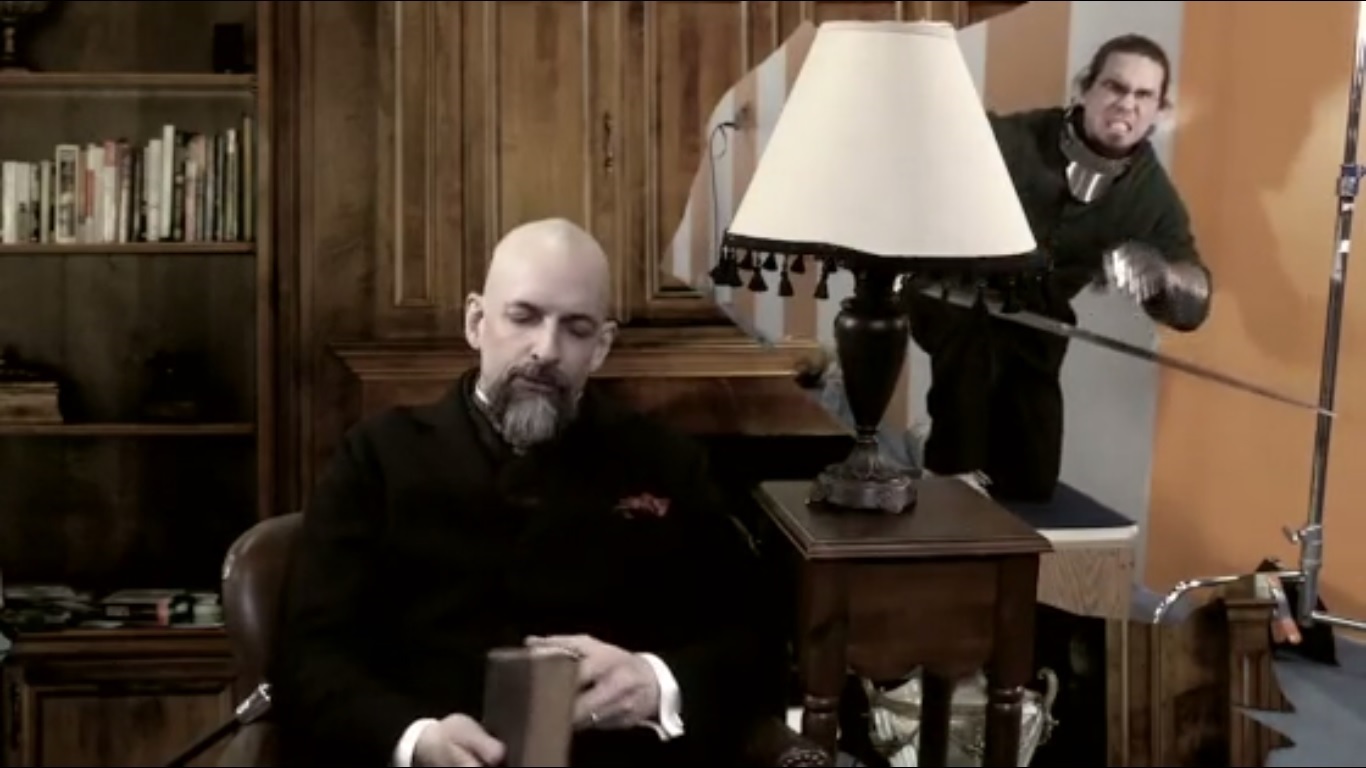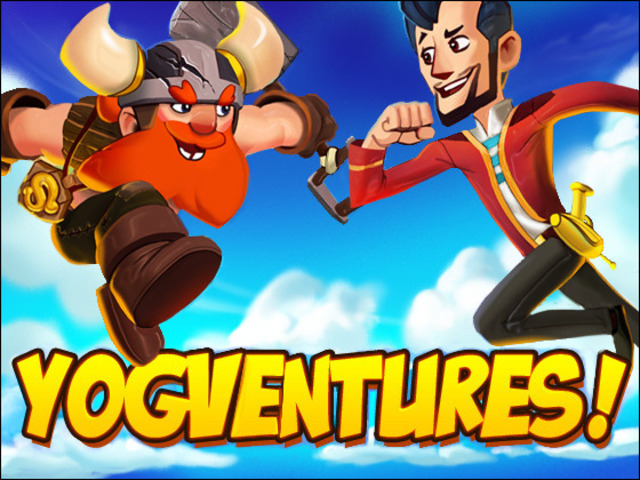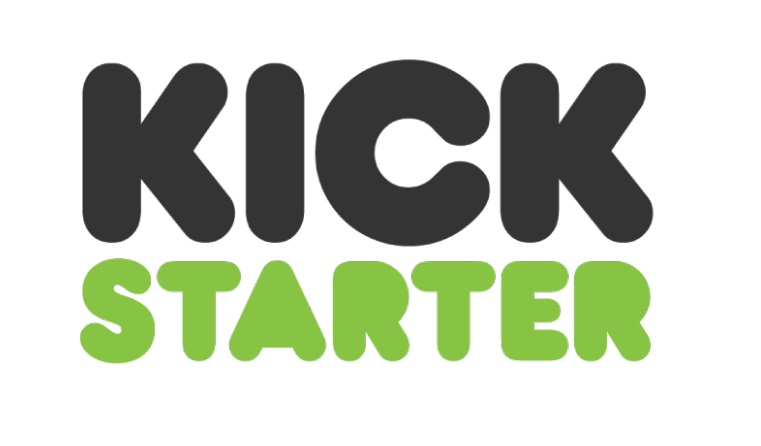Our weekly dose of hot takes, occasionally well formed opinions, and fevered outbursts is back. Yup, it’s time for the Question of the Week! This week our question is all about keeping the risks of crowdfunding in mind.
What’s one thing people should keep in mind before backing a Kickstarter video game campaign?
 Joanna Mueller
Joanna Mueller
The most obvious thing to keep in mind is that you are paying for the development of the game. Meaning there is a good chance that the game doesn’t exist in a playable form yet. You have no guarantee that you will ever get anything back for your investment. Rewards are nice because then you at least feel like you got something if the project goes belly up later, but it’s always good to remind yourself that no matter how cool the idea, if it doesn’t get finished you’re just out the money. If you acknowledge this and still want to support the project then you’ll save yourself some disappointment later if things don’t work out. You could also end up supporting something amazing and be thrilled with the results. Basically, it’s a gamble.
 Serena Nelson
Serena Nelson
There are honestly so many things that a potential backer should be watchful for before jumping in and throwing their money at a campaign. If I had to just pick one, though, it would have to be how communicative the developers are during the funding process. I know it’s hard to tell right out of the gate how willing to talk with backers they are, but unless you’re eyeing a limited tier you’ve got until the final hours to make your decision. Nobody gets their cards charged until the clock ticks down to zero, after all.
I talk a lot about the need to be transparent, both during and long after the funding process ends, but that’s because this is such an important aspect of crowdfunding that it just can’t be overlooked. Here’s the thing. If a developer wants money, they’ve got to be able to find the time to at least post updates at least once every day or two. Even better, they strike up conversations in the comments section with backers. The campaigns that I’ve enjoyed being a backer of the most are those where the developers are willing to take the time to just sit down and talk.
Developers need to prove that they’re passionate about their project, and the best way to do this is to get “down into the trenches” with backers. If there’s nothing to show off, then it’s a sign that that they’re probably lazy or at least unprepared. Same with the lack of updates and communication. Staying silent is one of the worst things that a developer can do, and if there’s no updates or comments after a week or two I’d suggest walking away from the campaign..
 Marcus Estrada
Marcus Estrada
There’s one base thing that always needs to be kept in mind before toying with helping to fund any crowdfunding campaign anywhere (Kickstarter, Indiegogo, Patreon, etc). You are not truly guaranteed anything. This is not like Amazon where you exchange money to receive an item with certainty. For the most part, the people whose projects you are funding are not all that different from yourself. Sometimes they may be capable of pushing through and creating amazing things. Other times, ideas will change a lot and fundamentally modify what they originally presented publicly. On a rare occasion, they may end up being unable to fulfill their goals to create a product – or at the least, cannot manage some reward tier fulfillment. Even so, we fund projects that inspire or excite us. Be open to backing as long as you know the risks and are willing to live with the worst case scenario.

Oh, hello.
 Georgi Trenev
Georgi Trenev
It’s simple, really – research the developer! Obviously, if you’re already considering backing a Kickstarter campaign, you’ve already made up your mind in terms of the concept and how it’s presented. The only factor that really needs careful consideration is whether you trust the people behind the game.
Try to forget about the hype you might have for the game itself, then ask lots of questions. For example, has the developer backed any crowdfunded projects before? What’s their background? If you can see them talking in the pitch video, do they look as trustworthy people you’d give money to?
I think simple things like that tend to be forgotten by lots of backers.
 Laguna Levine
Laguna Levine
There is so much to consider, but if there was just one thing I would say to watch for, I’d say watch the budget details. How much are they asking for? Where does it go? Why? Are there other sources of income at play? At the very least, that should show how well they are planning things and may indicate their experience.

 Dan Miller
Dan Miller
It might seem obvious but the key thing to be aware of is what exactly crowdfunding through Kickstarter entails. Mainly that that you are donating funds to help a creator achieve their goal… and that’s it. There’s no guarantee the project will turn out as originally promised, that it will be finished on time or that it will ever be finished at all. The creator may not post regular updates like they promised they would and despite pledging there’s no assurance you’ll get the rewards you thought were coming your way. With all that in mind all potential backers should consider very carefully before pledging to any Kickstarter project!.
 Conrad Crisman
Conrad Crisman
They need to realize that, at the end of the day, their choice to back a particular project is an investment, nothing more. Dropping any amount into a project entitles them to absolutely nothing and they need to be prepared for exactly that to happen.
Given my thoughts on this, I strongly urge everyone considering whether or not to become a backer on any project is to conduct thorough research. Is this the developer’s first campaign? Have they delivered on promises before or is their Comments section a barren wasteland.
Bottom line: do your homework and don’t get too bent out of shape if the campaign you put money on doesn’t materialize. You’re an investor, not a customer, period.
What do you think? What the most important thing someone should know before backing a video game project on Kickstarter? Chime in below and let us know!




 Georgi Trenev
Georgi Trenev

 Conrad Crisman
Conrad Crisman

